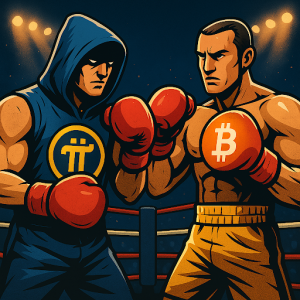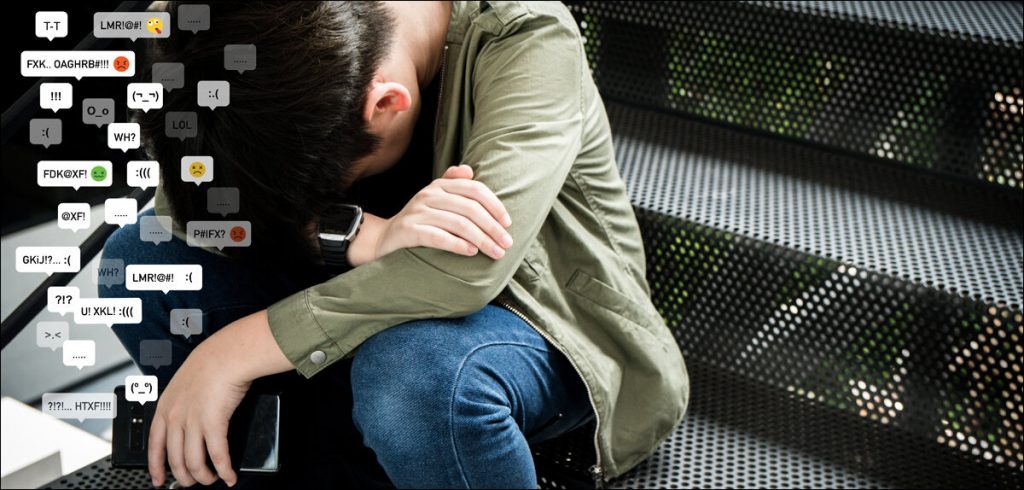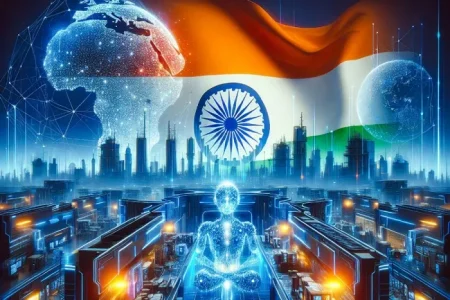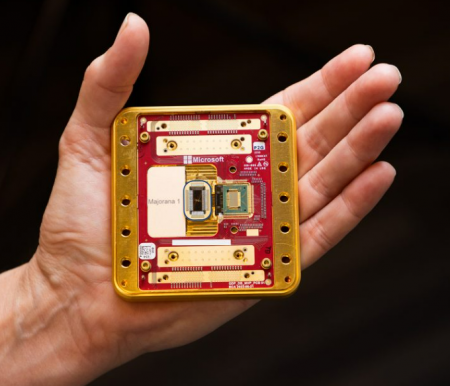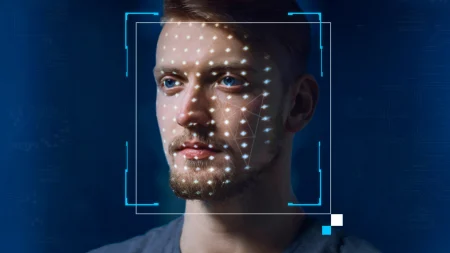Always connected but never together. Never alone but always lonely. Adarsh explores loneliness in the age of social media
Rahul just found out his next meeting is a little delayed. So as always, he takes his phone out of his pocket and opens Twitter. In a matter of seconds, he had scrolled endlessly on his timeline.
Anjali is at home. She took leave to finish a bunch of household chores. But ever since her day started, all she’s been doing is scrolling away on Instagram. It has been a few hours but she shows no signs of stopping.
Akash is bored. It is late at night and he cannot sleep. So he opens WhatsApp and replies to all the messages he has been putting off for a week or two. He also sends a bunch of messages to his frequent contacts. Some of them respond and soon enough, he is locked in random conversations with whoever is jobless to keep him company on a sleepless night.
Sify Technologies – ICT Service Provider
Arjun broke up a couple of months ago and is feeling lonely. He goes online looking for intimacy and has a series of conversations of a sexual nature with random strangers he finds online.
Welcome to modern loneliness! Where you are always connected but never together. Where you are never alone but always lonely.
Modern Loneliness
As of today, over 3.96 billion people across the world use social media daily. That’s more than half the world’s population. The average person spends 2 hours, 27 minutes on social media apps every single day.
So it comes as no surprise that 71 per cent of these heavy social media users admit to feeling lonely on a daily basis.
These days, we use social media apps like Facebook, Instagram and Snapchat to stay connected with friends. And it works, there is no denying that. The problem arises when we use these apps as a substitute for real connections. That is when the feeling of loneliness and inadequacy sets in.
How social media disconnects us
We have all been there. When we are stuck waiting for someone or something to happen. At work, home or in a mall. We immediately open social media to avoid awkward eye contact and also to have something to do.
Social anxiety sufferers also open social media apps to temporarily feel some connection to others. But the moment we disconnect, the feeling of connection disappears.
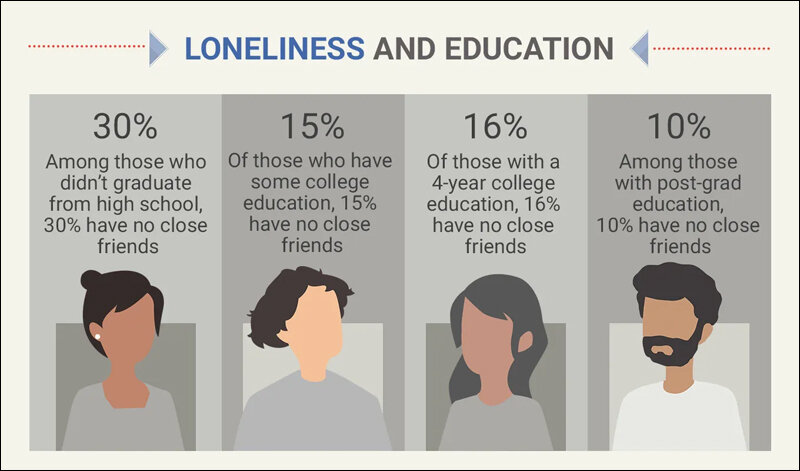
Also, the impact of seeing curated and filtered photographs of the lives of others (the bits they choose to share with the world) leaves us feeling empty and dissatisfied. We get the feeling that everyone else is having a better life. That everyone else is happier, more interesting and always having the time of their lives with friends. Apart from making us feel more alone, it also affects our self-esteem.
There is also the added anxiety of frequently checking your own feed. To obsessively check how many more people have ‘liked’ your photo, because as far as this generation is concerned, that is the only measure of how happening you are and how fulfilling your life is.
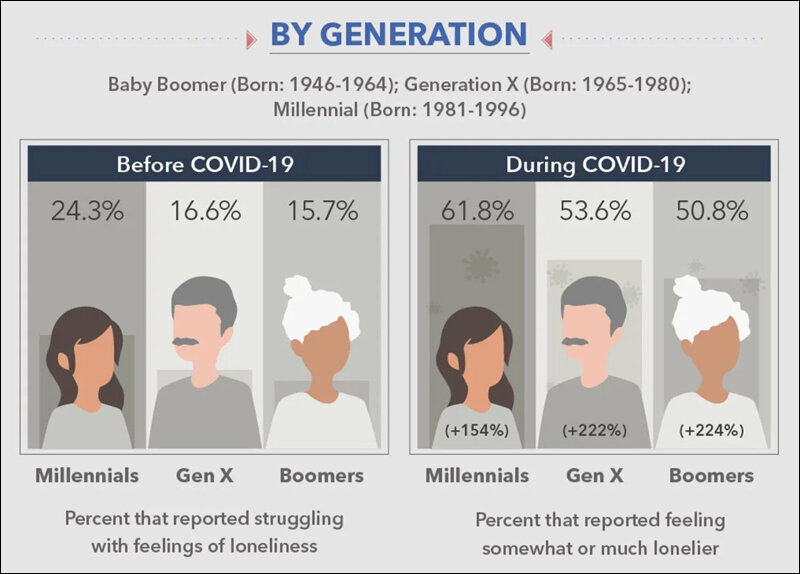
Covid has also had a major impact on levels of loneliness. It has put isolation and depression at the forefront. The pandemic has separated people and minimized physical interactions — often only leaving us with virtual engagement. During lockdowns, anger, isolation and tiredness have set in.
Digital Natives vs Digital Immigrants
There also exists a direct correlation between your age and the impact of social media on your mental wellbeing. Teenagers and younger adults who have been more exposed to social media find it easier to form meaningful relationships online. Their comfort with technology dictates the level of connections they develop digitally and they don’t always find it lacking or a substitute for real connections.
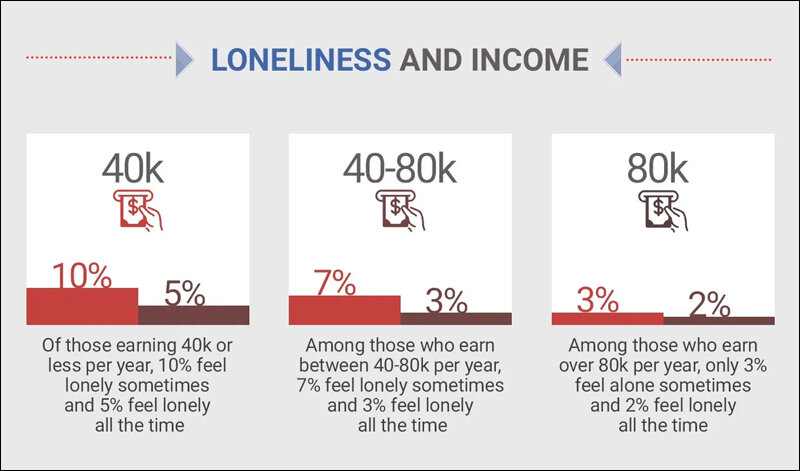
In fact, a lot of them enjoy online connections and interactions just as much as they like in-person company. They are the digital natives, having been online for far too long, so much so that they now consider being online like being home.
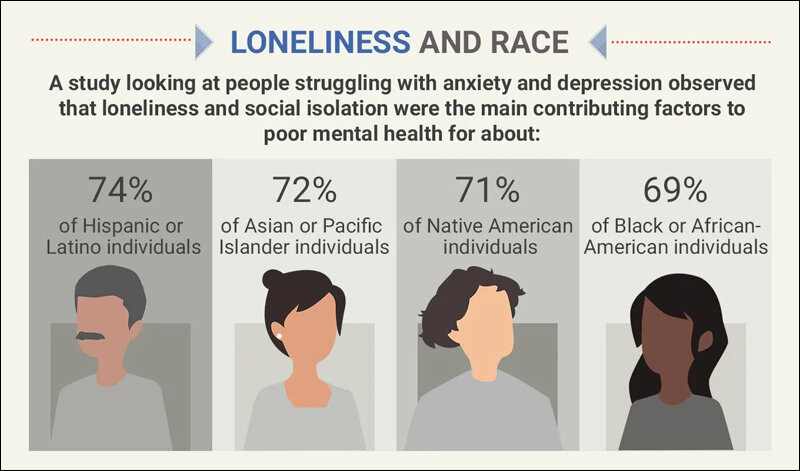
As for the older generations and the ones who are not as comfortable with technology and social media, they find it a poor substitute for a meaningful real life interaction. They are the digital immigrants, trying and failing desperately to build any worthwhile connection online.
Robert Weiss, the author of Closer Together, Further Apart sums it up:
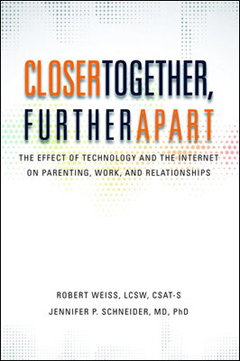
“We are living in a different world today than that of a generation ago. The era of neighborhood picnics, family gatherings, and other communal events is disappearing. If I want to grab a quick dinner after work, I need to schedule it several days in advance, almost like an appointment with my doctor, because we are living in a busier world. We’ve moved away from agrarian forms of communal living, replacing that with more tightly packed but less emotionally connected forms of urban living. Grandmother no longer lives upstairs; instead, she’s hundreds of miles away.”
He also speaks about how digital natives are very, very different from the immigrants: “These individuals are well-versed and comfortable in the digital social milieu, and as long as they’re able to regularly stay in touch with their primary social connections, either in person or online, they’re fine. Digital connectivity helps them to be ‘in community’ as if they were living next door to the people they love and care about the most. For others, however, usually older individuals who are not as knowledgeable about or comfortable with digital connectivity, feelings of isolation and disconnection may set in.”
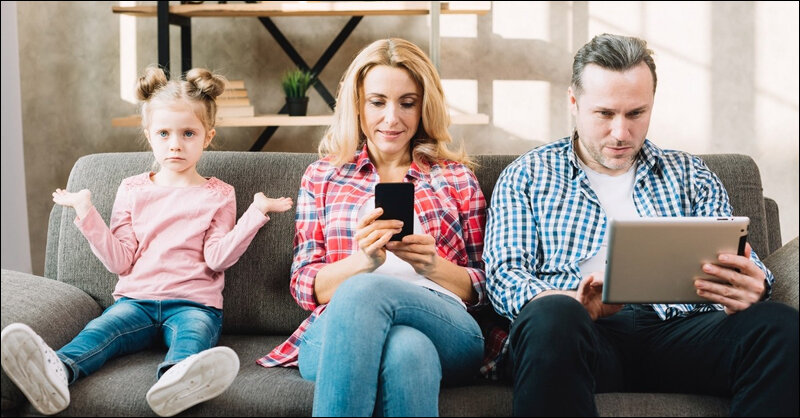
How to combat Loneliness?
First things first, disconnect from social media or at least limit your social media usage. If you are too addicted to social media, actively devise ways to avoid or control your usage. Monitor the time you spend on social media every day and put the apps that you open multiple times on your last screen.
Also stop substituting real life meet ups for virtual catch ups because the two are not at all the same. The best thing would be to replace screen time with real people. Be emotionally aware.
Realize and accept when you are feeling lonely and understand that you don’t have to stay that way. Make an initiative to meet people, new or familiar. Actively start conversations and engage in small talk. It is with familiarity and regularity that deeper connections are built.
Heading
As much as possible, limit your phone usage first thing in the morning and just before you’re going to sleep. Those are two periods in the day when we experience the most loneliness so deal with it on your own instead of using your smartphone to combat it.
The fact of the matter is that no one wants to admit that they are lonely. Because that makes us vulnerable and we treat it like a personal shortcoming. The truth is, all of us feel lonely sometimes. And if you really want to do something about it, you need to put your phone away and take a plunge in the real world.
Making connections is easier than we realize. We have just been on our phones for so long that we have forgotten.
In case you missed:
- AI and Loneliness: Culprit or Cure?
- TalkBack, Circle To Search & 3 More Google Features added on Android
- OpenAI finally unveils its Advanced Voice Assistant!
- Cloudflare’s One-Click Solution for Image Verification
- Psychosis stems from Video Game Addiction in Kids, reveals Study
- How Meta AI stopped Lucknow Woman from committing Suicide
- Elon Musk says X will now be payable for New Users
- Traditional Learning Making a Comeback? Kerala Bans WhatsApp Study Groups
- Should Chatbots have Rights? Ethicality vs Practicality
- Active Listening Feature on Phones raises Privacy Concerns
